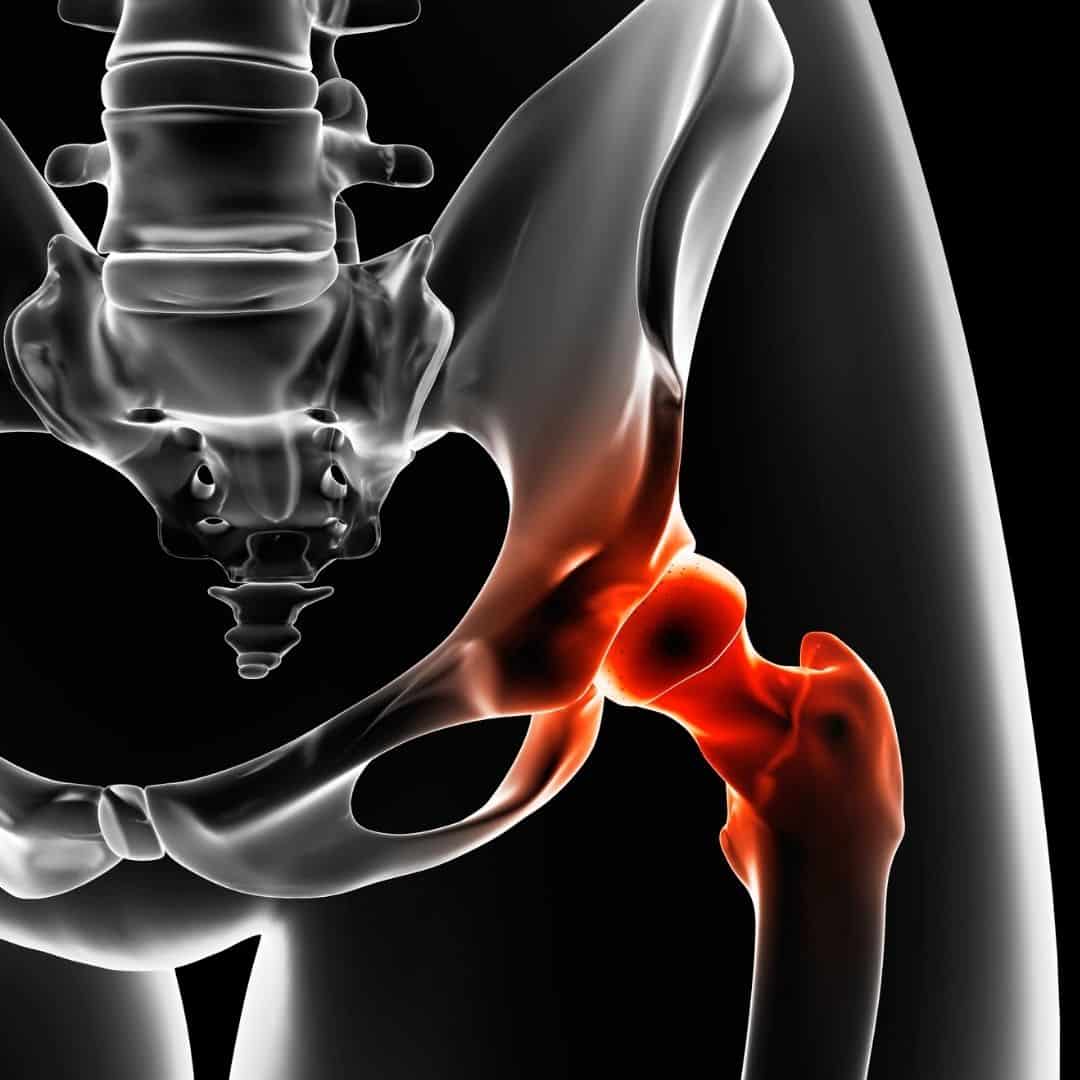Anterior Hip Replacement
Total joint replacement surgery is one of the most advanced successful procedures in patients dealing with severe hip and knee pain. The goal of the surgery is to relieve pain and restore the normal functioning of the joint and help the patient resume normal activities.
Over the past few years, there have been great advances in treatment options, implants, and minimally invasive techniques. The latest technique in joint replacement such as anterior hip replacement has resulted in a dramatic improvement in outcome.
What is a direct anterior approach to hip replacement surgery?
Direct Anterior Hip Replacement is a minimally invasive hip surgery to replace the hip joint without cutting through any muscles or tendons. Traditional hip replacement involves cutting major muscles to access the hip joint. Normally, after a traditional hip replacement, your surgeon would give you instructions on hip precautions to allow the cut muscles to heal.
However, for Anterior Hip Replacement patients, hip precautions are not necessary as no muscles are cut.
Advantages of both anterior hip replacements include:
- Less postoperative pain
- Minimal soft-tissue trauma
- Smaller incision
- Less scarring
- Minimal blood loss
- Shorter operative time
- Quicker recovery
- Early mobilization
- Less postoperative restrictions
- Quicker return to normal activities
- Short hospital stay


After Surgery
After surgery, you will feel pain. This is completely normal and part of the healing process. Your doctor and nurses will work together to reduce your pain, this will help you recover faster.
Prior to you leaving the hospital your doctor will send a prescription to your pharmacy for some short-term pain relief after surgery. Your doctor may suggest multiple medications to help manage your pain, such as opioids, non-steroidal anti-inflammatory drugs (NSAIDs), and local anesthetics. Your doctor will discuss which options or combinations would be best for you.
Opioids
At MD West One, your health is always a top priority, which is why we are very passionate about getting you back to full activity in a safe and timely manner. We understand every patient is unique when it comes to pain management. A key component of a successful pain treatment plan includes weighing all risks and benefits to find the pain treatment plan that best fits you.
A high risk of dependence and overdose is associated with the use of opioids. To avoid this from accruing our agreement with you:
- You should take all medications as ordered by your provider. If you take the medication in excess of what is prescribed and run out of the medication prior to the refill date, the refill will not be authorized early.
- If you are requiring a refill of your prescription please call during regular business hours. Our providers will not refill any pain medications over the weekend, holidays, or after clinic hours.
- Make sure to tell your physician or nurse which medications you are taking, including herbal remedies, since narcotic medications can interact with over-the-counter medications and other prescribed medications, especially cough syrups that contain alcohol, codeine, or hydrocodone.
- Alteration of any written prescription, sharing, trading, or selling your medication is a federal offense and will be reported.
- You are responsible for keeping your pain medication in a safe and secure place, such as a locked cabinet or safe. Stolen medications should be reported to the police and to your physician immediately.
- If your medications are lost, misplaced, or stolen, your physician may choose not to replace the medications or to taper and discontinue the medications.
American Association of Hip and Knee Surgeons
This article has been written and peer-reviewed by the AAHKS Patient and Public Relations Committee and the AAHKS Evidence-Based Medicine Committee.
